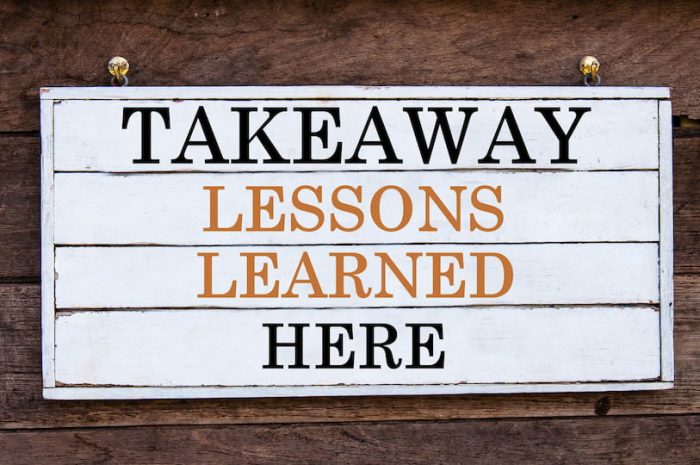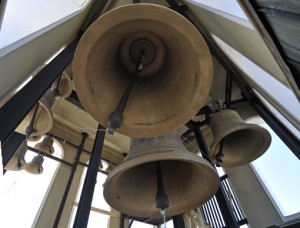12 Months, 4 Takeaways

March 16, 2020. The day I started counting. The week our world shut down.
It’s been a year.
And what a year it’s been.
I paused to reflect on this auspicious anniversary. I’ve incurred losses and acquired lessons. I’m sure you have, too. Trials have a way of reshaping the landscape of our souls.
Four phrases surfaced as I sifted through the events and experiences of the past twelve months. My top takeaways. My most repeated prayers.
I thought I’d share…
- “Thank You.”
I started a Gratitude Journal on March 16, 2020. I’m now halfway through a third! Counting my blessings each morning has become a holy habit. I also include prayer requests and record their answers, which sparks even more gratitude. In the front of each journal I copied this verse:
Do not be anxious about anything, but in every situation, by prayer and petition, with thanksgiving, present your requests to God. And the peace of God, which transcends all understanding, will guard your hearts and your minds in Christ Jesus. (Philippians 4:6-7, NIV)
It’s been a year rife with uncertainty. My journal entries contain many concerns, but also attest to the power of prayer and thanksgiving. An attitude of gratitude is the antidote to anxiety.
- “Have Your way.”
Now, this one’s a bit harder to pray. The past year brought plenty of opportunities to practice the delicate art of surrender. The cancellation of a long-anticipated Alaskan cruise. The rescheduling of a retirement ceremony. The disruption of a dozen other plans. Each time, I had to learn to say, “Lord, have Your way.”
Many are the plans in a person’s heart, but it is the Lord’s purpose that prevails. (Proverbs 19:21, NIV)
This year, more than any other, has taught me to make my plans, but hold them loosely. God gets the final edit. (Besides, haven’t you heard the saying, “If you want to hear the Lord laugh, tell Him your plans.”?)
- “I have this day.”
About that retirement ceremony. The first week of November found us staring in dismay at a graph of our county’s rising Covid numbers. The steep incline refused to plateau, prompting the difficult decision to postpone our celebration. Out-of-state family hurriedly canceled their flights. All except our oldest daughter and her husband, who had flown in earlier. Our college girl decided to keep her flights and join us a few days later.
Reeling from the sudden change of plans, I caught myself repeating the phrase, “I have this day.” It served as a much-needed reminder to embrace what was instead of lamenting what might have been. With God’s help, I was able to enter into, and even enjoy some unexpected, unstructured time with my family. We played cards. We sang karaoke. We cooked an impromptu early Thanksgiving dinner, complete with all the fixings.
This is the day which the LORD has made; Let’s rejoice and be glad in it. (Psalm 118:24, NASB)
I’m learning to live more joyfully in the present, fully present. What a gift! (Isn’t that why they call it “the present”?)
- “Inspire me.”
As I unpacked the Christmas decorations, my Christmas spirit dissipated. This year, there would be no parties, no gatherings, no teas. I walked around in a funk for a couple of days, before it finally occurred to me to ask the Lord for some creative ways to celebrate. (Be careful what you ask for.)
The divinely-inspired ideas just kept coming! A nearby nursing home had been hit hard by Covid, so my friends and I filled gift baskets with snacks and beverages for the weary staff. We organized a mail-in gift card “shower” for some dear friends in financial need. Our Bible study group drew names, then had a blast sneaking around, depositing anonymous gifts on each other’s front porches. I suspect the “Advent Angels” will wing their way back next Christmas.
If any of you lacks wisdom, you should ask God, who gives generously to all without finding fault, and it will be given to you. (James 1:5, NIV)
If necessity is the mother of invention, then prayer must be the father of inspiration. When we ask, God answers! He has a creative solution for every stubborn problem.
So there you have it. My nuggets in a nutshell. Daily gratitude. Gracious surrender. Joyful presence. Divine inspiration.
What about you?
Most likely, the person who entered this unprecedented year isn’t the same one who exited. Take a few moments to identify your own takeaways. Process the losses. Lay hold of the lessons. Celebrate the changes.
I’d love to hear your stories, if you’d like to share.





